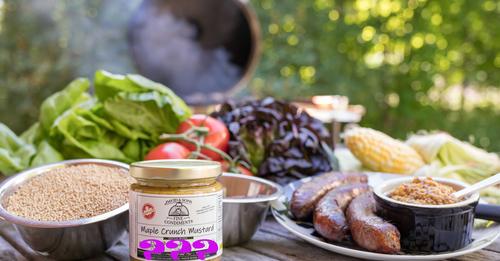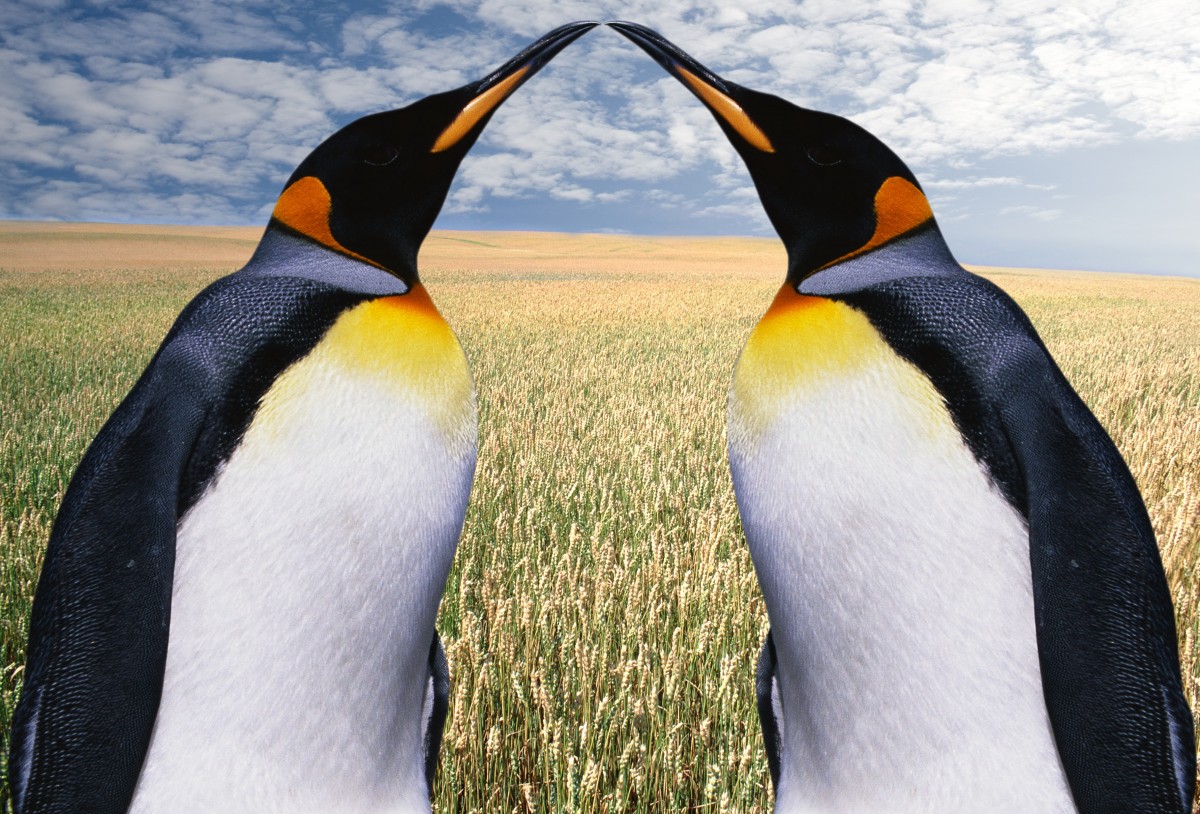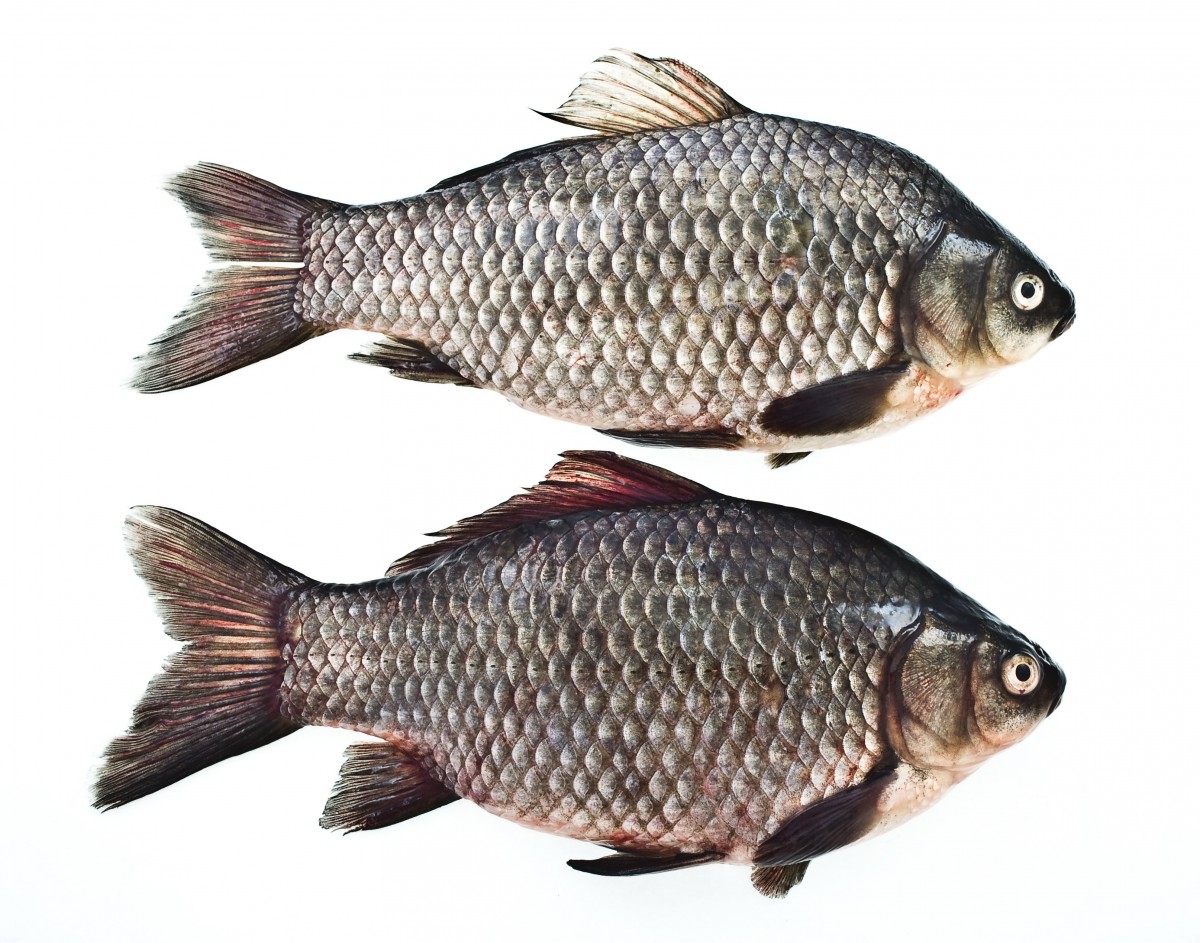
We’ve definitely been feeling the (40 degree?!) burn recently, but DFC has had the heat turned on another way: climate-change-related drought out west has led to shortage of our much-needed mustard seeds! Thankfully, the breadth of our product line means we can roll with a certain amount of scarcity, but that’s not the case with mustard-only outfits. Quartz looks at the particular case of France, the world’s biggest consumer market for mustard, and how companies there are struggling to meet demand with so little supply.
“At least 80% of the brown seeds come from Canada, Luc Vandermaesen, director of the Reine de Dijon mustard manufacturer and president of the Burgundy Mustard Association, told the New York Times. A heat wave across Alberta and Saskatchewan cut seed production by 50% last year. Even the smaller Burgundy harvest was hit hard by rising temperatures.
The shortage of seeds is already pushing up retail prices for Dijon mustard – which is used as a spread for sandwiches, a condiment for steak frites, and a crucial base for many classic French sauces – as much as 25%, Vandermaesen said. Some stores, when they have mustard in stock at all, limit customers to one jar per person. French chefs have resorted to appealing online for any spare mustard, and shoppers have come to the manufacturer’s headquarters – which does not sell the product itself – looking for the condiment.”
All of these strategies are stopgaps – purchasing limits, online appeals, even our pivoting to other sauce production. The reality of climate change means that we either have to fundamentally alter how we run our companies, or how we live on this planet. And we are rapidly running out of time to do the latter. I know we’re in the mustard business, so this may sound like heresy, but our planet is worth more than a jar of mustard – or a herd of dairy cattle, or a super yacht. But it looks like we humans can’t know the value of something until it disappears… Especially if it’s as small as a mustard seed.

Once upon a time, we humans invented the concept of money to make trade easier; since then, the whole program has been getting increasingly complicated. These days, it seems everyone is tightening their belts to mitigate the effects of a fun new concept called inflation. This includes the Hakone-en Aquarium in Japan, where penguins, otters, and seals, who previously dined on fatty and delicious aji (horse mackerel), are now, due to budget constraints, being offered less-expensive (and slimier!) saba, or Atlantic mackerel. The animals, blissfully unburdened by human concepts like economics, know what’s what, and are outright refusing the dinner downgrade.
penguins, otters, and seals, who previously dined on fatty and delicious aji (horse mackerel), are now, due to budget constraints, being offered less-expensive (and slimier!) saba, or Atlantic mackerel. The animals, blissfully unburdened by human concepts like economics, know what’s what, and are outright refusing the dinner downgrade.
“In Japan, higher import costs and energy prices – caused by strains on the global economy due to the COVID-19 pandemic and the war in Ukraine – have shocked citizens. In April 2022, Japan’s consumer prices rose by 2.5 percent, the most since October 2014.
The cost of running the aquarium has risen by about 20 percent since the beginning of the year, [head zookeeper Hiroki] Shimamoto said, although he wasn’t authorized to say how much it spends on food. […]
Shimamoto said the aquarium first began transitioning its 20 penguins and five seals to cheaper mackerel in May, with only 10 percent of their diet being replaced by the lower-priced protein. It has tightened its belt gradually and starting July, about 30 to 40 percent of the mammals’ food will be cheaper fish.”
Unfortunately, keepers can’t explain to the animals why they have to start eating “off-brand” fish because of inflation, so they have to take this hunger strike in stride: Any animal that doesn’t eventually take to the saba will continue to be fed the high-test aji. Though we can’t talk to them, I think the penguins et al. are communicating clearly to us – how ridiculous this whole “money” thing is, at its core! Hmm, I love a bit of seafood, myself; maybe a pivot to a fish-based barter system wouldn’t be all bad…?

Invasive species have long been a problem all over our increasingly connected planet. However, the Illinois Department of Natural Resources is using a particularly modern strategy – P.R. – in an attempt to curb the presence of non-native carp in the state’s waterways. The four carp subspecies in question (bighead, brass, silver, and black) have spread widely since their North American introduction in the 1960s, out-competing local fish for resources and lowering general water quality. But they are also pretty tasty – a fact belied by their unappetizing name. Turning gross-sounding “carp” to cutely exotic “copi,” experts hope, will help humans make a feast-sized dent in the overall population.
“In addition to giving the fish a new name, the project brings together more than 30 restaurants, distributors, processors and retailers from across Illinois, Tennessee, Arizona, and Washington D.C., all working together to get copi on more plates. The project’s website even suggests recipes provided by participating restaurants, including copi fresh fish tacos, a copi firehouse fish burger and copi smoked fish dip. Funding for the project – $600,000 over five years – comes from the Great Lakes Restoration Initiative, a group of federal agencies working to protect the Great Lakes, the largest system of fresh surface water in the world.
The new name comes from the word ‘copious,’ a nod to the sheer abundance of these fish. It was thought up by Span, a Chicago-based communications firm, the AP reports. Fishermen could harvest 20 to 50 million pounds of copi from the Illinois River alone each year, per a statement from the Illinois Department of Natural Resources, with ‘hundreds of millions’ of additional pounds in other waterways.”
This is a fun tactic in our fight against invasive species – make delicious tacos out of them! It’s also a gentler way of, essentially, taking responsibility for our earlier mistakes. We’ve only got one world, and untangling the web we shouldn’t have woven can make life easier for the countless other-than-human organisms that share our space. If we can get a fabulous meal out of it too, that’s gravy!